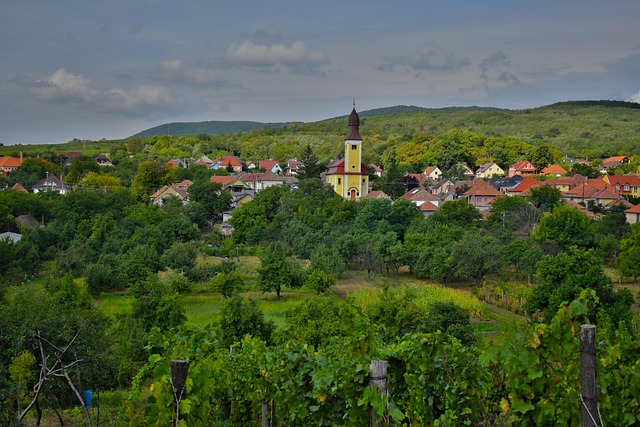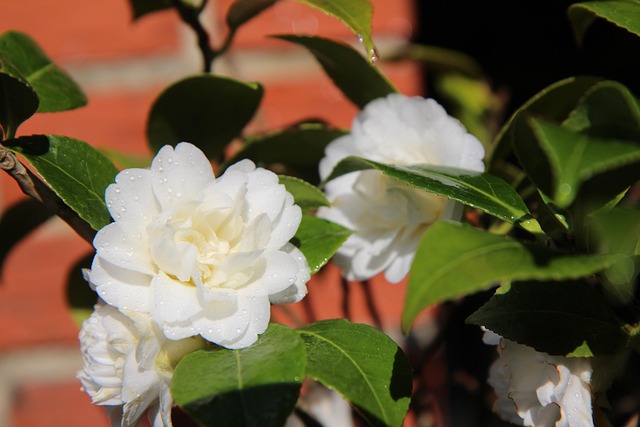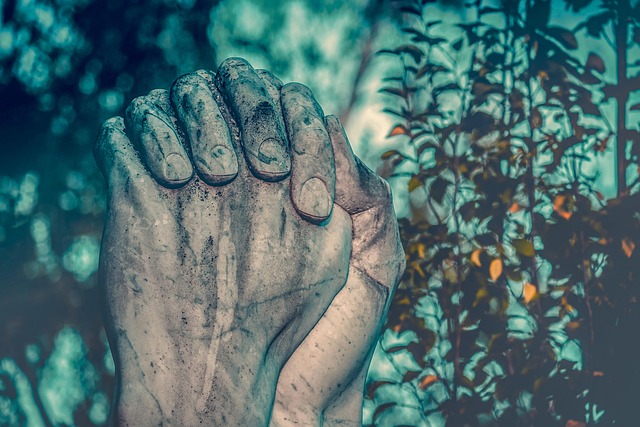As the holiday season approaches, families and communities around the world begin to engage in a tapestry of traditions that are rich not just in cultural significance but also in moral values. Each celebration, whether it’s Christmas, Hanukkah, Diwali, or Kwanzaa, is steeped in its unique religious backgrounds and ethical teachings that resonate with individuals on a personal level. The universal themes woven through these celebrations often serve as a moral compass that guides our actions and intentions throughout the year.
Religion plays a pivotal role in shaping the moral foundations of holiday traditions. Take Christmas, for instance. At its core, the holiday reflects themes of love, generosity, and goodwill derived from the teachings of Jesus Christ. The spirit of giving—whether through charitable acts or the exchange of gifts—echoes a moral framework that encourages compassion and altruism. Similarly, Hanukkah, with its emphasis on miracles and light, encourages people to reflect on resilience and hope, while Diwali celebrates the triumph of good over evil, urging us to align our actions with virtuous principles.
Moreover, many of these traditions are communal experiences that foster a strong sense of belonging and collective morality. They often encourage us to pause and reflect on our actions, prompting us to extend kindness and empathy toward our fellow beings. Whether it’s sharing meals with loved ones or volunteering in our communities, holiday traditions allow us to actively practice ethics in a way that is interconnected with our religious beliefs.
Religious narratives associated with these holidays often highlight moral lessons that transcend the rituals themselves. For instance, the story of the Prodigal Son, celebrated in many Christian households during the Christmas season, serves as a powerful reminder of forgiveness and acceptance. These narratives aren’t just stories; they are moral guides that inspire introspection and encourage us to live by principles that promote harmony and understanding in our relationships.
The intersection of religion and personal ethics in holiday traditions fosters an environment where individuals can grapple with their moral convictions in the context of their faith. It allows for a unique dialogue between one’s beliefs and actions, guiding individuals toward a reflective and purposeful existence. As we engage in these traditions, we’re often prompted to consider not only the joy of the celebrations but also the deeper moral lessons they impart.
Embracing the ethical dimensions of holiday traditions can enhance our celebrations, turning them into opportunities for growth and learning. It encourages us to ask important questions: How can we embody the values we celebrate? In what ways can our traditions extend beyond the holiday season to reflect our commitment to live morally? By consciously integrating these principles into our daily lives, we elevate the significance of our celebrations and align them with a broader moral purpose.
As we navigate the holiday season, let us embrace the moral compass provided by our religious traditions. Each celebration invites us to reaffirm our ethical commitments and creates a space for communal reflection. The lessons learned during these times can echo far beyond the festivities, shaping the very fabric of our interactions and aspirations for the year to come.




